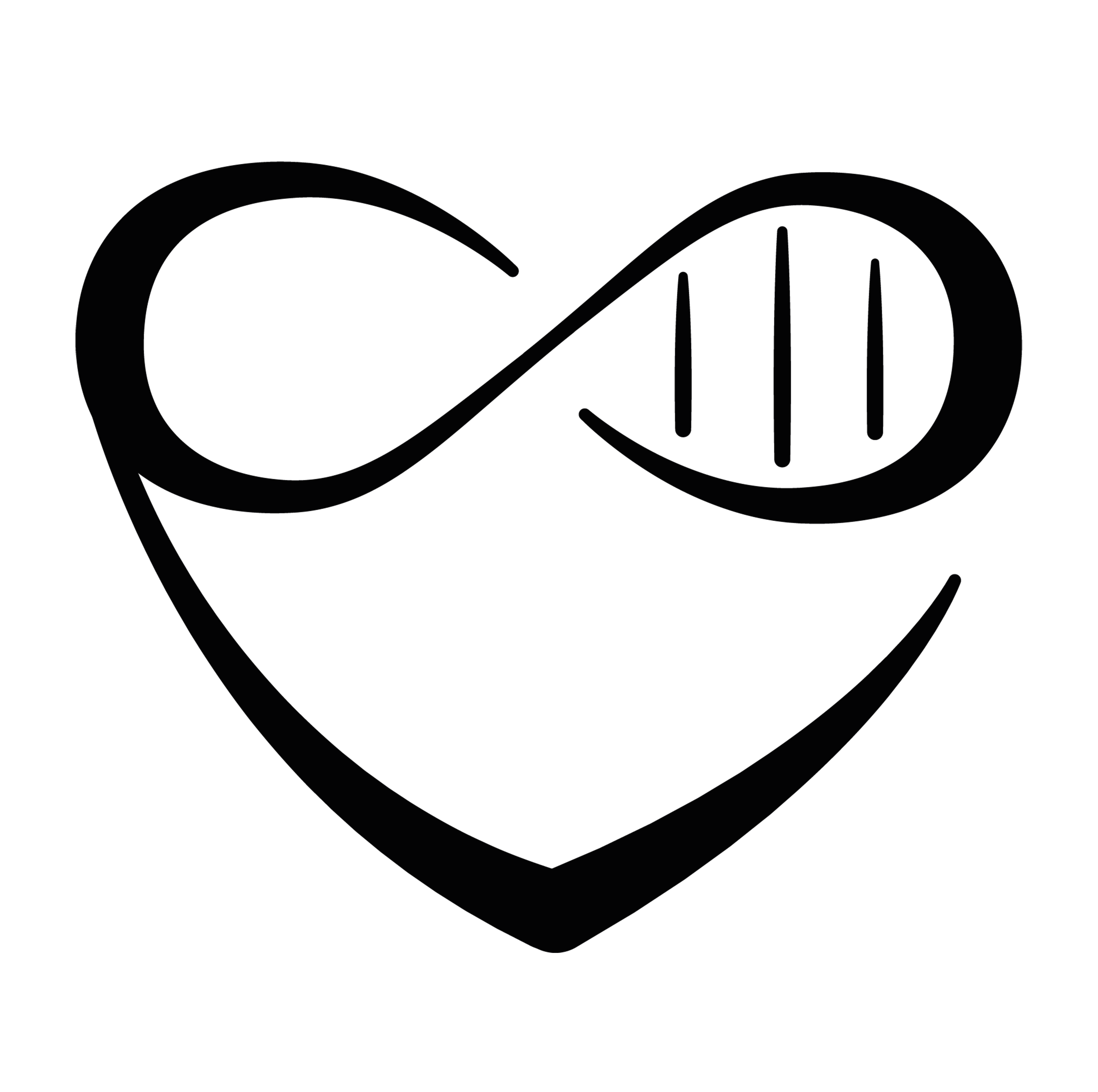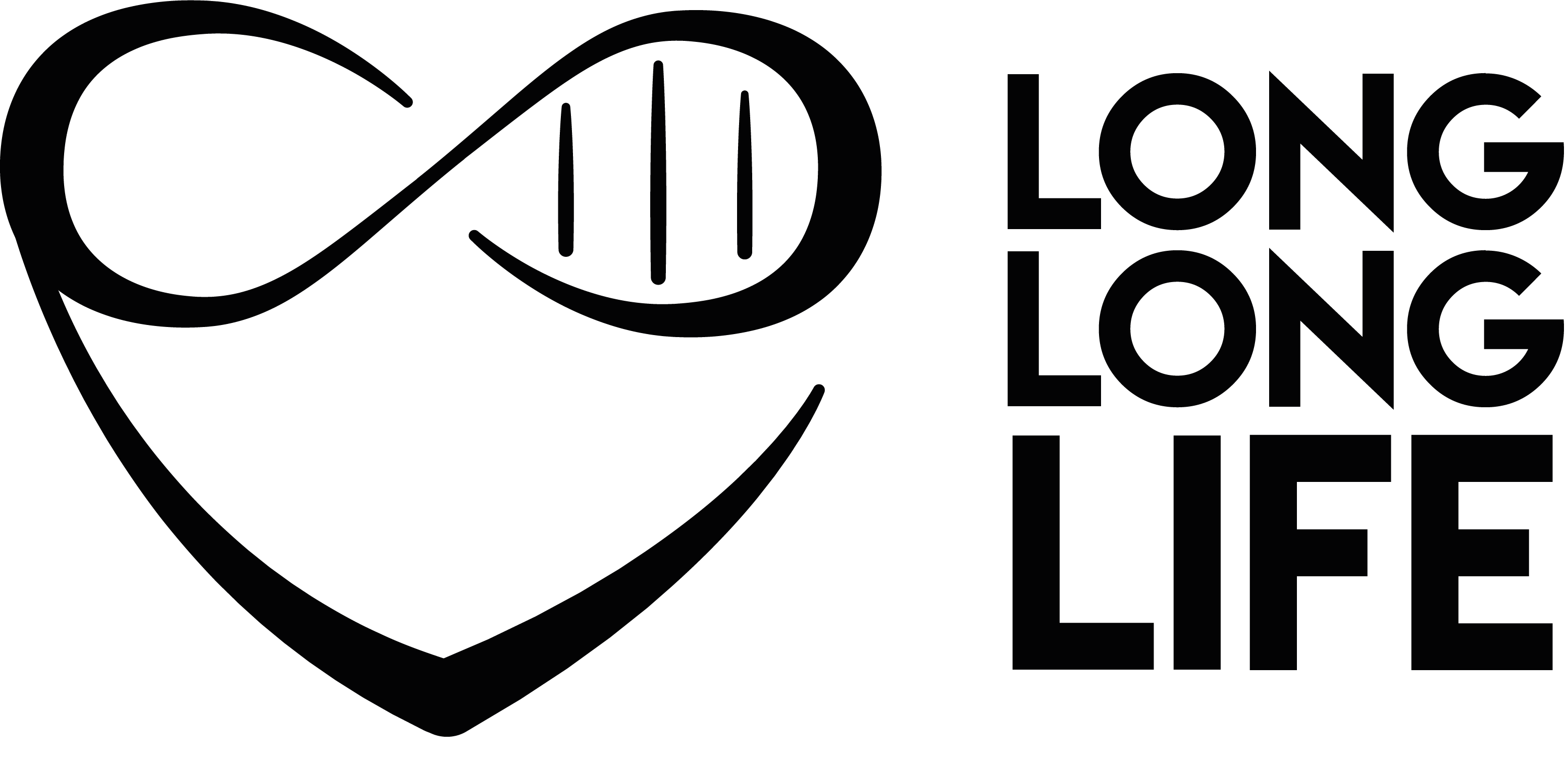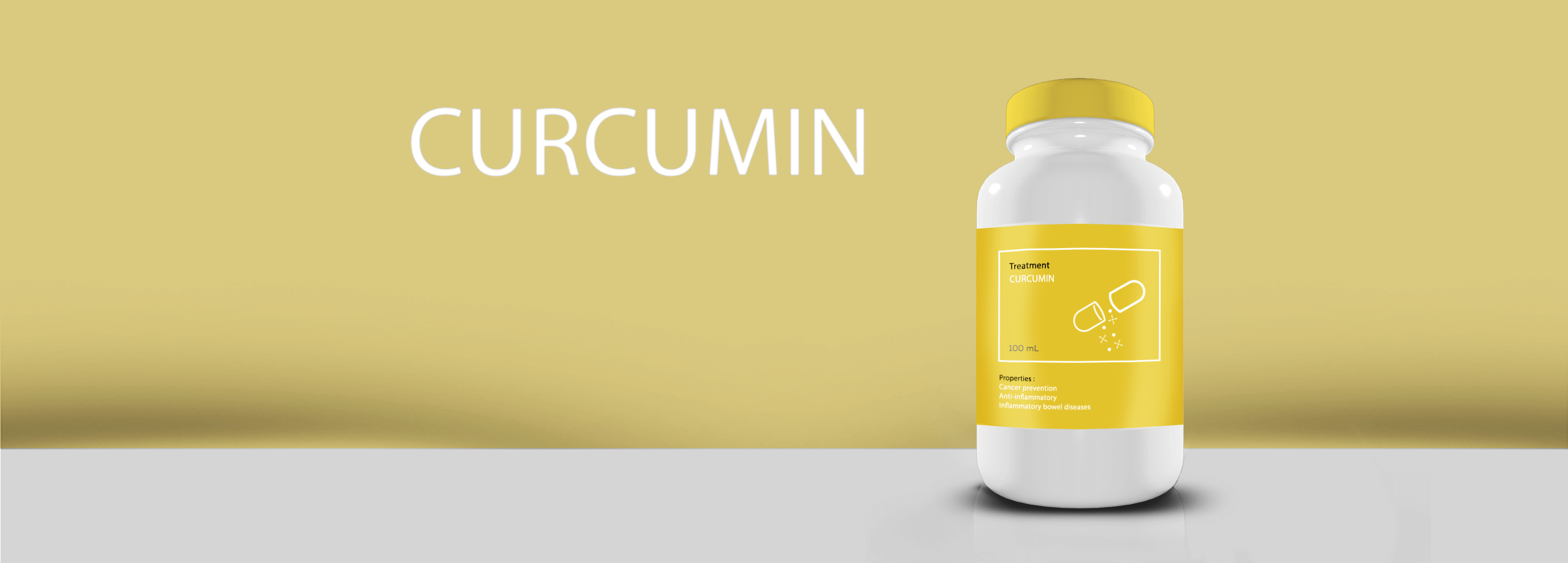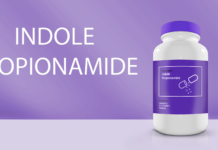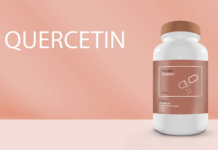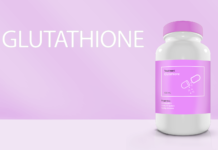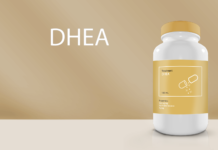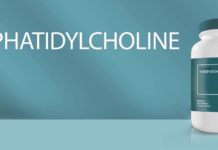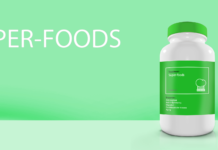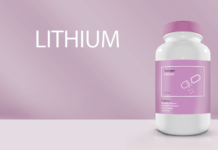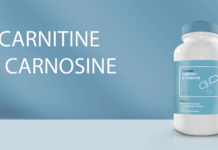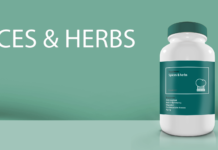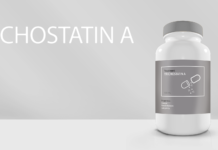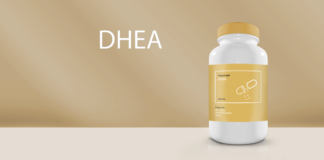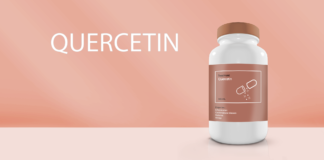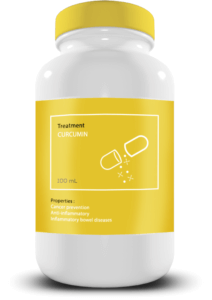
Fact sheet
A molecule with incredible properties
Curcumin is the active ingredient of turmeric, a spice widely used in Indian cuisine and Chinese medicine. This molecule is known for its preventive virtues against cancer and neurodegenerative diseases but many studies still grant it many other benefits, notably on the regulation of telomere length, inflammation or simply on skin aging.
It is involved in cellular signalling and gene regulation mechanisms that allow it to act on the overall aging of our bodies.
How does it promote longevity?
The anti-inflammatory and antioxidant role of curcumin
It is well known that inflammation plays a key role in aging. Several studies have highlighted the positive impact of curcumin supplementation in metabolic diseases such as diabetes, neurodegenerative diseases such as Alzheimer’s or Parkinson’s, or cancers, the main common phenomenon of which is inflammation[1, 2, 3, 4].
A recent study in animals with Alzheimer’s disease showed the binding of curcumin to A-beta, thus preventing the formation of amyloid plaques and the development of chronic inflammation[5].
Other studies have been interested in the modulation of pro-inflammatory molecules, such as certain enzymes (phospholipase, lipo-oxygenase, cyclo-oxygenase 2) and cytokines (TNF-alpha, IL-1, IL-6…), by curcumin and are equally conclusive[6, 7].
Curcumin and gene regulation
Also in mice, several studies have shown the effectiveness of curcumin on three common types of cancer: colon, lung and prostate. In all studies, tumour size was significantly reduced and post-treatment survival was increased up to three times. The most common explanation for this effect is that curcumin is able to regulate the expression of certain pro-cancer proteins by binding onto the genes encoding them[8, 9, 10, 11].
Towards an extension of life?
In the context of neurodegenerative diseases, a study examined the matter of telomeres and their regulation by curcumin. It seems that it affects telomerase, the enzyme responsible for telomere elongation during cell division. By increasing telomerase expression, telomeres are preserved longer, thus increasing the lifespan of our cells[12].
- Number of publications: over 200
- Availability: over-the-counter
- Route: oral
- Dosage: about 500-1000 mg/day
The uses of curcumin are extremely diverse.
Prevention of skin aging: by adding turmeric extracts to a mask or cream, it has been shown to have a major effect on reducing the appearance of wrinkles and sebum production. At the systemic level, the antioxidant action of curcumin has a beneficial impact on skin aging[13].
Prevention and treatment of autoimmune diseases: due to its anti-inflammatory and antioxidant action, curcumin supplementation is recommended in the treatment of lupus for example[14].
Increased neurogenesis: In one animal study, curcumin injection showed an increase in neurogenesis (the formation of new neurons), including hippocampus, an important area of the brain in memory processes[15, 16].
Treatment of erectile dysfunction: curcumin, by regulating the metabolism of nitric oxide (NO) would allow erectile problems related to age to be treated in a natural way. NO is a vasodilator (it allows vessels to open and allow more blood to pass through), a central process in erection[17].
Prevention of hypercholesterolemia: supplementation with curcumin would lower cholesterol[18].
Curcumin precautions
Side effects: In rare cases, taking curcumin may cause heartburn. Although there have been no reports of adverse reactions associated with the use of curcumin during pregnancy, some authors believe that due to its traditional use to treat amenorrhea (absence of menstruation), pregnant women should avoid taking large doses of curcumin.
Toxicity: Toxicological studies in humans have been conducted and determine no toxic effects, up to a dose of 8000 mg/day[19].
Complementary molecules: The effects of curcumin may be added to those of other plants or natural products or drugs with an anti-inflammatory effect. Its association with pepper is frequent because it significantly increases the action of curcumin.
Caution!! Taking curcumin may decrease the absorption of certain drugs such as phenytoin (Dilantin), propranolol (Inderal) or theophylline.
It is also important to note that many studies have been conducted in animals and that the supplementation method was often in the form of injection. There is a debate about how much to take and how our body absorbs curcumin[19, 20].
[1] Venigalla M, Gyengesi E, Munch G. Curcumin and Apigenin – novel and promising therapeutics against chronic neuroinflammation in Alzheimer’s disease. Neural Regen Res. 2015;10(8):1181-5
[2] Goel A, Aggarwal BB. Curcumin, the golden spice from Indian saffron, is a chemosensitizer and radiosensitizer for tumors and chemoprotector and radioprotector for normal organs. Nutr Cancer. 2010;62(7):919-30
[3] Cheng CY, Lin YH, Su CC. Curcumin inhibits the proliferation of human hepatocellular carcinoma J5 cells by inducing endoplasmic reticulum stress and mitochondrial dysfunction. Int J Mol Med. 2010;26(5):673-8
[4] Chen Q, Gao Q, Chen K, et al. Curcumin suppresses migration and invasion of human endometrial carcinoma cells. Oncol Lett. 2015;10(3):1297-302
[5] Cole GM, Teter B, Frautschy SA. Neuroprotective effects of curcumin. Adv Exp Med Biol. 2007;595:197-212
[6] Abe Y, Hashimoto S, Horie T. Curcumin inhibition of inflammatory cytokine production by human peripheral blood monocytes and alveolar macrophages. Pharmacol Res. 1999;39(1):41-7
[7] Sikora E, Bielak-Zmijewska A, Mosieniak G, Piwocka K.The promise of slow down ageing may come from curcumin. Curr Pharm Des. 2010;16(7):884-92
[8] Byun SY, Kim DB, Kim E. Curcumin ameliorates the tumor-enhancing effects of a high-protein diet in an azoxymethane-induced mouse model of colon carcinogenesis. Nutr Res. 2015;35(8):726-35
[9] Yang J, Ning J, Peng L, et al. Effect of curcumin on Bcl-2 and Bax expression in nude mice prostate cancer. Int J Clin Exp Pathol. 2015;8(8):9272-8
[10] Ramasamy TS, Ayob AZ, Myint HH, et al. Targeting colorectal cancer stem cells using curcumin and curcumin analogues: insights into the mechanism of the therapeutic efficacy. Cancer Cell Int. 2015;15:96
[11] Bose S, Panda AK, Mukherjee S, et al. Curcumin and tumor immune-editing: resurrecting the immune system. Cell Div. 2015;10:6
[12] Xiao Z, Zhang A, Lin J, et al. Telomerase: a target for therapeutic effects of curcumin and a curcumin derivative in aβ1-42 insult in vitro. PLoS One. 2014 Jul 1;9(7):e101251
[13] Vaughn AR, Branum A, Sivamani RK, Effects of Turmeric (Curcuma longa) on Skin Health: A Systematic Review of the Clinical Evidence. Phytother Res. 2016 Aug;30(8):1243-64
[14] Jurenka JS. Anti-inflammatory properties of curcumin, a major constituent of Curcuma longa: a review of preclinical and clinical research. Altern Med Rev. 2009 Jun;14(2):141-53
[15] Kim SJ, Son TG, Park HR, et al. Curcumin stimulates proliferation of embryonic neural progenitor cells and neurogenesis in the adult hippocampus. J Biol Chem. 2008;283(21):14497-505
[16] Kang SK, Cha SH, Jeon HG. Curcumin-induced histone hypoacetylation enhances caspase-3-dependent glioma cell death and neurogenesis of neural progenitor cells. Stem Cells Dev. 2006;15(2):165-74
[17] Zaahkouk AM, Abdel Aziz MT et al. Efficacy of a novel water-soluble curcumin derivative versus sildenafil citrate in mediating erectile function. Int J Impot Res. 2015 Jan-Feb;27(1):9-15
[18] Soni KB, Kuttan R. Effect of oral curcumin administration on serum peroxides and cholesterol levels in human volunteers. Indian J Physiol Pharmacol. 1992;36(4):273-5
[19] Chainani-Wu N, Safety and anti-inflammatory activity of curcumin: a component of tumeric (Curcuma longa). J Altern Complement Med. 2003 Feb;9(1):161-8
[20] Kathryn M. Nelson, Jayme L. Dahlin, The Essential Medicinal Chemistry of Curcumin, J. Med. Chem. 2017, 60 (5), pp 1620–1637
Dr. Marion Tible
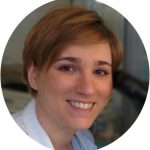
Author/Reviewer
Auteure/Relectrice
Marion Tible has a PhD in cellular biology and physiopathology. Formerly a researcher in thematics varying from cardiology to neurodegenerative diseases, she is now part of Long Long Life team and is involved in scientific writing and anti-aging research.
More about the Long Long Life team
Marion Tible est docteur en biologie cellulaire et physiopathologie. Ancienne chercheuse dans des thématiques oscillant de la cardiologie aux maladies neurodégénératives, elle est aujourd’hui impliquée au sein de Long Long Life pour la rédaction scientifique et la recherche contre le vieillissement.
En savoir plus sur l’équipe de Long Long Life
